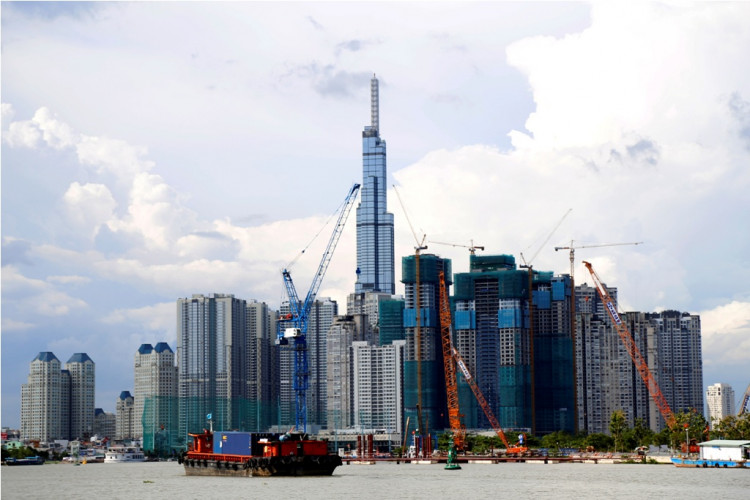Vietnam has been criticized for many years due to its seemingly slow transition to renewable energy sources compared to others in the Southeast Asian region. The country is now determined to drop the label as it seeks increased sustainability.
According to CNBC, director of energy and infrastructure for Europe, Middle East and Asia at German investment company DEG, Andreas Cremer, said Vietnam is targeting renewable energy output hikes to around 23 percent within a decade.
The country's ambitions are backed by initiatives in solar and wind power that were announced over the past months. These targets were further encouraged by other Asian countries seeking renewables as sources of energy.
Cremer noted that Vietnam's efforts in adapting sustainable ways are "actually quite impressive" since the country only decided to change its power plans three years ago, unlike other Asian nations that already started transitioning decades ago.
Another impressive data revealed by global energy consultancy Wood Mackenzie, indicated that outside China and the west, Vietnam is now leading the way in Southeast Asia in terms of solar photovoltaic (PV) markets.
Wood Mackenzie is expecting Vietnam to reach 5.5 gigawatts in solar installation this year, compared to 134 megawatts last year. The expected cumulative solar reach will account for 44 percent of the region's overall total capacity should the country achieve the forecast.
While Vietnam and other Southeast Asian countries may be a long way still from completely replacing coal, Cremer pointed out, the ultimate goal is to slowly transition towards renewable sources to drive economic growth.
As part of the country's efforts in pursuing more renewable power sources, the Vietnamese Ministry of Industry and Trade (MOIT) announced a collaborative project with the Danish Ministry of Energy, Utilities and Climate last week.
Long term advisor to MOIT for the cooperation, Jakob Stenby Lundsager, said the goal of the two sides is to reduce Vietnam's overall coal demand to further promote developments in the renewable energy sector.
The country is still largely dependent on coal for electricity but industry experts said the potential on sustainable sources is actually abundant. The only problem is the lack of commitment from related firms and government organizations in the sector.
Through the Danish cooperation, Vietnam is expected to receive ample recommendations on how it can further promote renewable energy in the country as it pursues increased sustainability by 2030.
Meanwhile, analysts said the world's call to adapt sustainable should be used as a "golden opportunity" by Vietnamese companies and groups seeking green funding for their clean projects.
Industry experts, noted, though, that the State Bank of Vietnam should lead the way in implementing reforms that will make it easier for green initiatives to get their applications approved faster.






